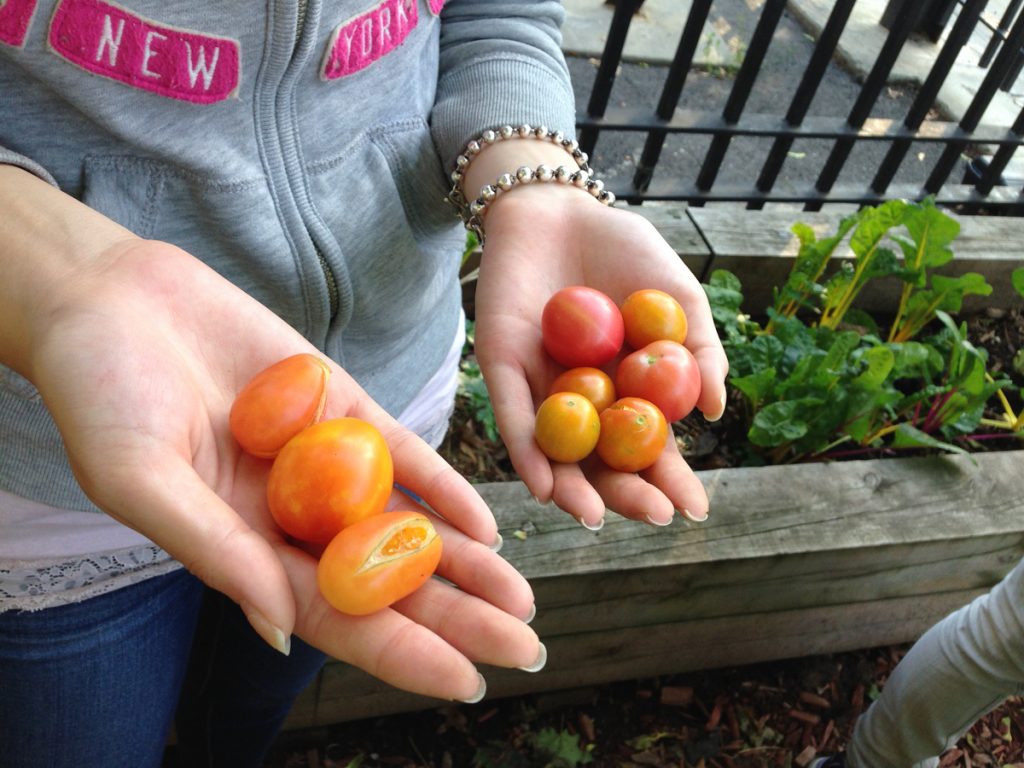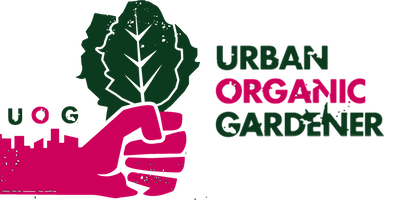
“Community Roots uses the entire city as a classroom. It sees place-based learning as essential to teaching and learning. Urban gardening serves as a departure point for learning about land and relationships, as well as food, consumer culture, and social activism.”
“Raven, a student who grew up in Coney Island, recalls a reading in Community Roots class from Brazilian educator and theorist Paulo Freire’s book Pedagogy of the Oppressed. Freire introduced an approach called problem-posing: teachers and students teach and learn together. Their major subjects of inquiry include themselves, each other and the ideas and issues that shape their realities and relationships.”
“Community Roots attracts many students like Iris and Raven: immigrants, children of immigrants and first-generation college students. Each student brings to the class deep, rich experiences of food, of places that are important to them, and their own relationships to these things. Learning starts in the garden and branches out into related themes and different parts of the city. When students make connections through critical thinking and relationships, their capacities to lead in their families and communities is strengthened.”
READ THE FULL ARTICLE Civil Eats




















